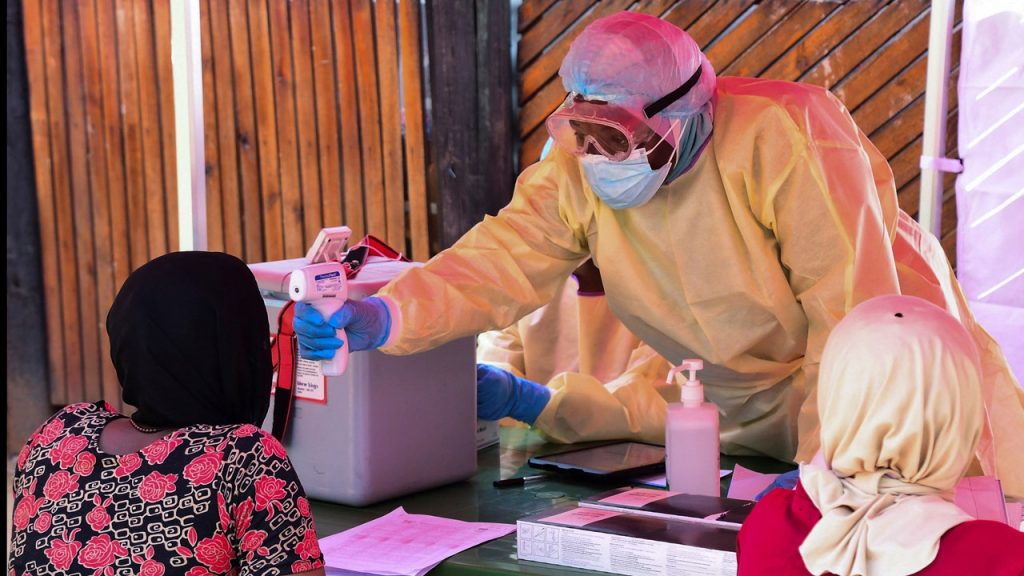Uganda faces a burgeoning Ebola outbreak, a stark reminder of the persistent threat posed by infectious diseases. Initially identified in the capital city of Kampala, the outbreak has claimed the life of a nurse and subsequently spread to two of her family members, raising concerns about further community transmission. This particular outbreak is caused by the Sudan strain of the Ebola virus, a crucial distinction as it renders currently approved vaccines ineffective. This underscores the need for swift and targeted interventions to contain the spread and develop effective countermeasures against this specific strain.
The absence of an approved vaccine for the Sudan strain necessitates innovative solutions and collaborative efforts. Uganda, in partnership with the World Health Organization (WHO) and the International Aids Vaccine Initiative (IAVI), has embarked on a pivotal clinical trial to assess the efficacy of a newly developed vaccine. This trial represents a critical step in the fight against the outbreak and serves as a testament to the global commitment to addressing emergent health threats. The vaccine, if proven successful, will offer a vital tool in protecting vulnerable populations and preventing future outbreaks of the Sudan strain.
The trial, spearheaded by the Makerere Lung Institute, has received an initial allocation of 2,460 doses, which will be administered to individuals who have had contact with confirmed cases. This targeted approach aims to establish a ring of immunity around the affected individuals, thereby curtailing the spread of the virus within the community. The success of this trial hinges not only on the vaccine’s efficacy but also on the effective implementation of contact tracing and vaccination strategies.
The current outbreak underscores the ongoing vulnerability of even urban centers to infectious disease outbreaks. Kampala, a bustling metropolis, now grapples with the ramifications of Ebola’s incursion, highlighting the need for robust public health infrastructure and preparedness measures. The rapid identification and response to this outbreak are crucial in mitigating its impact and preventing wider dissemination.
Ebola, a highly virulent disease, presents a formidable challenge due to its severe symptoms and high fatality rate. Characterized by hemorrhagic fever, headache, and debilitating muscle pains, the virus spreads through direct contact with infected bodily fluids and tissues. The severity of the illness necessitates meticulous infection control protocols and prompt medical intervention to improve patient outcomes.
The unfolding situation in Uganda necessitates a multifaceted approach encompassing timely diagnosis, effective treatment, rigorous contact tracing, and community engagement. The clinical trial offers a beacon of hope, potentially paving the way for a much-needed vaccine against the Sudan strain. The international community must rally behind Uganda, providing essential resources and expertise to support its efforts in combating this outbreak and safeguarding global health security. The lessons learned from this experience will undoubtedly inform future preparedness and response strategies for Ebola and other emerging infectious diseases. The international collaboration exemplified in this response underscores the importance of collective action in addressing global health challenges.

